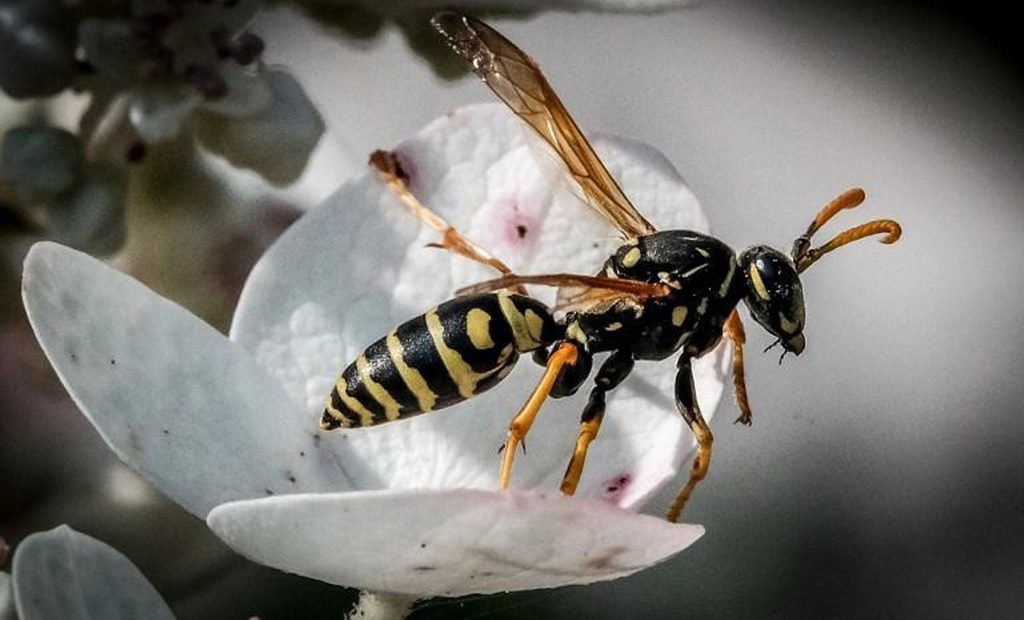The population of many insect species are declining due to a combination of factors. This summer, in particular, fewer wasps were counted in Flanders.
According to nature agency Natuurpunt, half as many wasps were reported as last year. The news that there are fewer wasps around will likely be welcomed with open arms by many, but Natuurpunt is sounding the alarm.
"It may be music to some people's ears, but they play an important role in nature and are also very useful to humans. They catch a lot of flies and mosquitoes and they are nature's clean-up service," the organisation noted.
The nature organisation asked people in the region to map as many insects as possible between June and August with the species-recognition app ObsIdentify. Results show that insects were digitally captured en masse using the app: nearly 40,000 observers counted 1.5 million insects.
Declining trend among many species
Two species of butterfly and wild bee were the top three most counted insects – results which are not surprising, as butterflies are the most popular insects. However, the worrying trend is not only noticeable among wasps, as Flanders has lost half of its insects over the past 50 years.
Natuurpunt argued that it was not a great summer for many other butterflies, partly due to the changeable weather. They are also suffering from the extreme weather conditions in recent years. Other insect groups are also rapidly declining, such as the common berryband hoverfly which saw its locations reduce by 60% compared to last year.
Meanwhile, the number of sightings of exotic species is rising. The Asian hornet is in fourth place among bees and wasps, which is partly due to the spectacular increase in the species but also to the media attention this striking insect has already received, making it more recognisable.
Another striking trend is the fact that heat-loving insect species have colonised Flanders in recent decades, for example, the blackberry Fritillary, while species which prefer cooler climates are declining.

